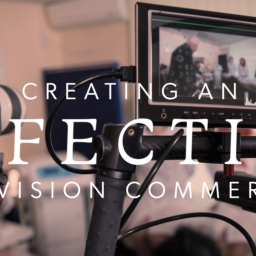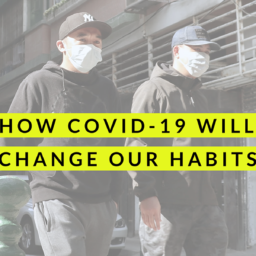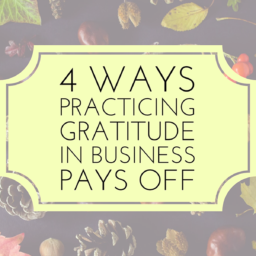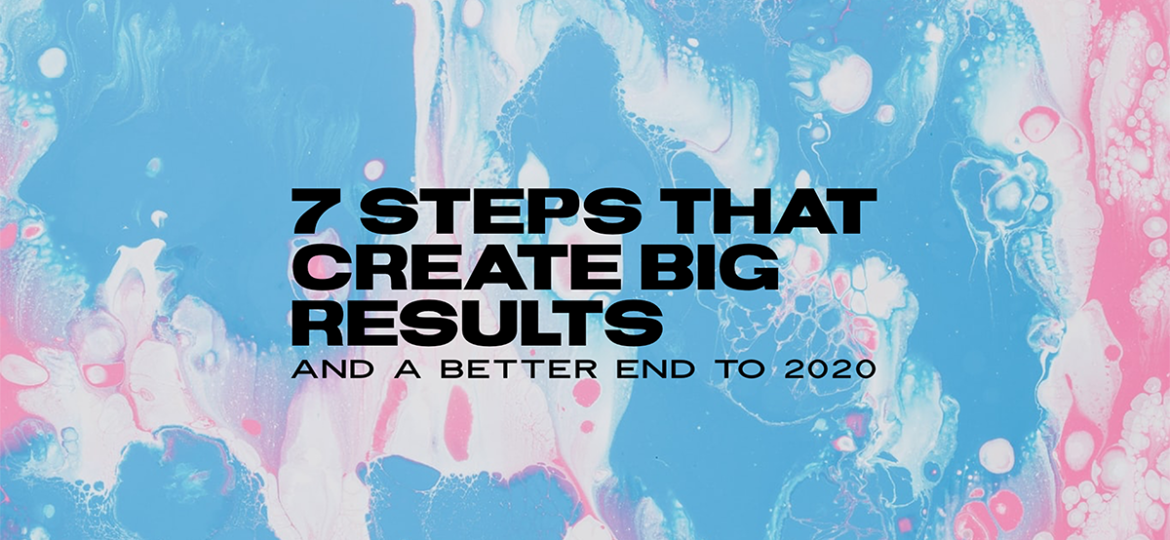
We’re currently living in a time when the Centers for Disease Control and Prevention (CDC) has a page on its website that includes the following passage: “The coronavirus disease 2019 (COVID-19) pandemic may be stressful for people. Fear and anxiety about a new disease and what could happen can be overwhelming and cause strong emotions in adults and children. Public health actions, such as social distancing, can make people feel isolated and lonely and can increase stress and anxiety. However, these actions are necessary to reduce the spread of COVID-19.”
What a time to be alive, huh?
The good news is, as you’ve heard from every advertising agency, “we’re in this together.” We’re just not all experiencing it in the same way. We have to learn to be okay with this, which is difficult, but not impossible. It’s easy to slip into a division mindset; we’re pack animals. In times of crisis, we look to our “own” to protect us. But now is the time to really put the human in humanity, and prove (to yourself) what you’re made of. This all begins with simple, realistic changes.
Take a look at our 7 small steps that create big results and (hopefully) a better end to 2020.
1. MANAGE YOUR MEDIA CONSUMPTION
The irony is not lost on me that this is being presented to you in the form of digital media, but here we are.
Media consumption in the time of COVID is off-the-charts. According to a March 2019 vs. March 2020 study by Nielsen, the U.S. spends 215% more time this year accessing current events and news on mobile devices. Of course, we all want to stay informed, but at what point does the desire to gather relevant information turn into to full-on obsession; or addiction, even?
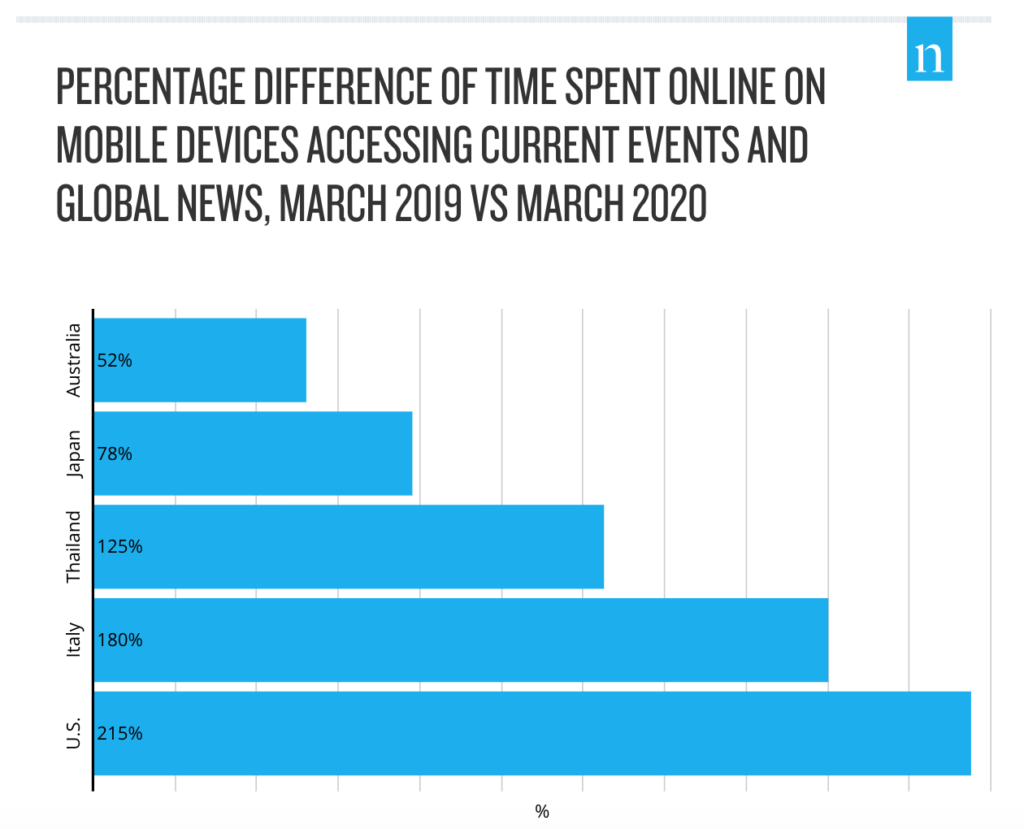
In an interview with CNBC, Joshua Morganstein, Chair of the American Psychiatric Association’s Committee on Psychiatric Dimensions of Disasters, explains that in times of distress and uncertainty, “the tendency is to really almost drown in [the news].” It’s not about cutting ourselves off from information, but about the ability to “dial down our exposure to media content,” Morganstein says. This is especially true for social media, which is often biased, can be vague or sensationalized, or just plain incorrect.
Even if we simply keep our phones out of the bathroom (we all do it), we’ll cut down on consumption minutes that lead to hours that lead to days of media freedom. Because research has shown that in times of disaster or terrorist events (times of uncertainty, essentially), “as people’s media exposure increases, so does their distress.” Simply put: prolonged daily media consumption is making us anxious af. The good news is, we can do something about it.
2. SET YOURSELF UP TO SLEEP BETTER
Sleep isn’t something that comes easily to many of us—especially during a GLOBAL PANDEMIC. However, there are things you can do to optimize your sleep success. According to the CDC, the following are tips for better sleep (along with some of our own supplemental info):
- Be consistent with your sleep schedule. Go to bed at the same time each night, and wake up at the same time each morning.
- Remove electronic devices—i.e. TVs, laptops, phones, etc.—from the bedroom.
- Make sure your bedroom is quiet, dark, relaxing and at a comfortable temperature. DID YOU KNOW: The optimal sleeping temperature is around 65 degrees (F).
- Avoid large meals, caffeine and alcohol prior to bedtime. Experts say two to three hours is a good buffer.
- Get some exercise during the day. It will help you fall asleep more easily at night.
Psychologist and founder of the Health Psychology Clinic, Joanna Konstantopoulou, says, “It’s not just the 40-hour marathons without sleep which can be detrimental to your psychological health, but simply losing an hour or two on a regular basis can have a significant impact on your mind and well-being.” Further, poor sleep has been linked to obesity, heart disease and diabetes. It also shortens your life expectancy.
Try going to bed ten minutes earlier than usual each night for a week. The following week, add another 10, and so on until you reach your optimal sleep schedule. This small step can mean huge positive changes—like improved memory, reduction in anxiety and transportation of toxins out of the brain—in the long-run. Simple, realistic changes are key.
3. GO OUTSIDE for 10 minutes
Have you ever heard of “earthing” or “grounding”? If not, here’s a hoity-toity article from the Journal of Environmental and Public Health explaining its benefits. For the “TL;DR” crowd, the main takeaways are: 1) the Earth is covered with electrons; 2) modern life has separated humans from these electrons with concrete and cubicles; 3) research suggests that this separation may be a major contributor to 21st century ills; and 4) reconnecting directly with the Earth’s surface (and its electrons) has produced measurable benefits—particularly with regard to sleep and reduced pain. So if you’re able to do so, take your shoes off and get in the grass for a little while each day.
If that seems far-fetched for your lifestyle (which is completely understandable), you can probably go outside for at least 10 minutes each day (it doesn’t even have to be consecutive!). As a general trend, most of us are Vitamin D deficient. Getting only 10 minutes of sun exposure each day provides us with our daily dose! Don’t forget the SPF.
Exposure to natural light can also elevate your mood, improve your concentration and help you to heal from surgery or injury faster. Additionally, fresh air can help clear your lungs, give you more energy, lower blood pressure and improve digestion. So whether it’s a full-on barefoot walk in the woods (one of my favorite hobbies) or an al fresco coffee break, try to get outside when and where you can!
4. BE NICER TO YOURSELF
Negative self-talk is so 2000-and-late. Think about the way you speak to yourself when you’re unhappy. Now imagine someone saying those things to your best friend. Is ‘someone’ getting punched in the face in your mind? Probably. Now punch yourself in the face—with love.

For the most part, you create your own future. Thoughts do become things. Everything begins in the mind, so once you learn to better control your thoughts, you can better control the environment around you. Or, at the very least, learn what you’re able to control (more on that later in the post). Giving yourself the same grace and forgiveness that you’d give a colleague, friend or loved one is paramount.
Don’t know where to start? Roseann Capanna-Hodge, pediatric mental health expert and psychologist, suggests adjusting your everyday vocabulary—both your internal and external dialogue. “Instead of always focusing on the negative, flip your dialogue to only positive outcomes. For example, instead of saying ‘If I get that job,’ switch it to ‘When I get that job.’ Those subtle changes in using positive language helps to change your mindset.” You can train your mind to transmute feelings of lack to those of abundance.
One small way to increase the flow of positive mental vibes is to repeat a personal mantra when you hit points of stress. The best way to do this is to make it something simple to remember that reminds you of the important things in your life. Examples include:
- Everything is temporary.
- This too shall pass.
- I am stronger than I think I am.
- This is a learning experience.
- I am evolving.
- I am resilient.
- I am not alone.
Make it your own and take your power back. It sends a clear message (if only to yourself) that you can’t be taken down so easily. Once you’ve internalized this idea, things that once stressed you out will now be put in their place.
5. DRINK 1 MORE GLASS OF WAtER
Chances are high that you’re not drinking enough water. Because barely any of us are. And of course you know that all humans need water to survive—we can only go three or four days without it. (For perspective, we can go about three weeks without food.) Drinking more water is probably one of the easiest, yet most beneficial, habits you can form. But “more water” means different things to different people.
Start small. Replace just one of your daily beverages with water. Maybe it’s your morning juice, or afternoon tea, or third cup of coffee. If you’re mindful about what you’re putting into your body, you’ll be able to make this an intentional choice.
Trigger yourself by leaving a big glass out on the counter or table. Or do what I do, and get a big travel mug with a lid. At night, I fill it up with a lot of ice and a bit of water, and in the morning it’s waiting for me: a nice, cool cup of water. Flush the toxins, kickstart your system, wake yourself up.
“25 Tiny Habits That Could Totally Change Your Life” — Annie Mueller
6. TRY 5 MINUTES OF MINDFULNESS
No longer just a buzzword, people are starting to grasp what it really means to be “mindful.” When people speak of “mindfulness,” it’s often in the form of meditation, but it can also be practiced in other ways, such as breathing, walking or eating.

Practicing mindfulness can be as easy as paying specific attention to the feeling of the water hitting your skin in the shower, or attentively listening to the birds chirping outside your window. It’s simply immersing yourself in the present moment and attuning to your surroundings. Meditation is a powerful way to ritualize mindfulness. You can ease into it by just sitting in silence for a few minutes each day. You don’t have to sit in any specific way; you don’t have to close your eyes; you don’t have to do anything. Just sit in silence for a few minutes.
Cognitive psychologist, Sarah C. McEwen, says, “A mindfulness meditation practice will have a tremendous positive effect long-term.” Practicing meditation regularly can improve your health: “it lowers the negative effects of not only high cortisol, but also high cholesterol and high blood pressure,” McEwen explains. Other benefits include mental clarity and focus, improvement of memory, and overall higher level of mental performance.
The concept of meditation may be intimidating or too “woo woo” for some people. However, once you start doing it, you’ll realize it’s neither of those things. Check out these free resources and apps and try five minutes.
7. CONTROL WHAT YOU CAN
From health opinions, to political leadership, to financial safety, to education plans—nothing is certain right now. Humans need safety and consistency to thrive, so when we’re not experiencing those things, we look to control other aspects of our lives. This can often lead to unhealthy habits and self-medication. There’s a reason the Serenity Prayer is used in many recovery programs. Now is a time to remind ourselves that the only thing we can control is ourselves.
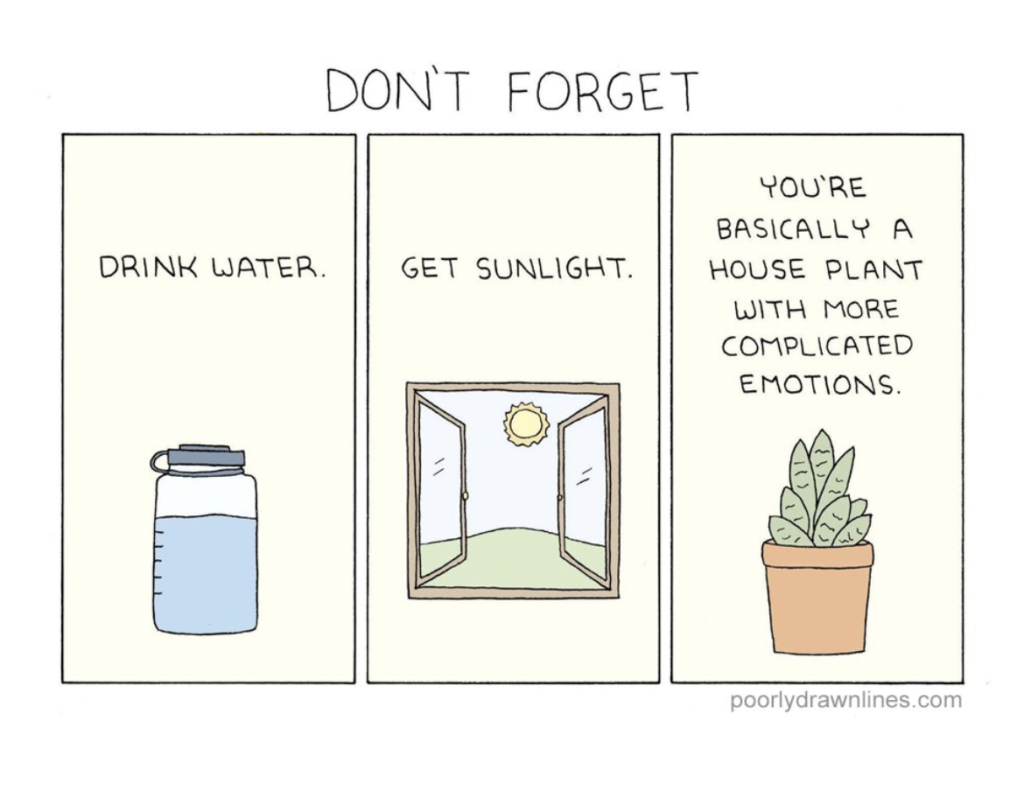
In an article on Inc.com, Mareo McCracken, Revenue Leader for Movemedical, writes, “Success and joy come from focusing on what you can control. Whenever you focus on situations or people outside of your control, you lose even more control, you enter a state of deception and despair.” We can’t control a global pandemic. We can control what we think and how we react to it. Here are a couple healthy ways to cope with external stressors:
MOVE YOUR BODY DAILY
Perhaps this means taking the stairs instead of the elevator, or parking further away from your location to get a few more steps in. Perhaps this means going to the gym or a weekly fitness class. Perhaps this means chasing your toddler around the house. Whatever it means for you, make movement fit into your life wherever you can.
MAKE GRATITUDE LISTS
If you’re like me and have an insatiable thirst for knowledge with regard to self-improvement and personal development, you’ve probably seen this advice from your favorite person of interest: Gratitude changes your frequency. Or, in less esoteric terms, gratitude literally changes the neural structures in your brain, making us feel happier and more content.
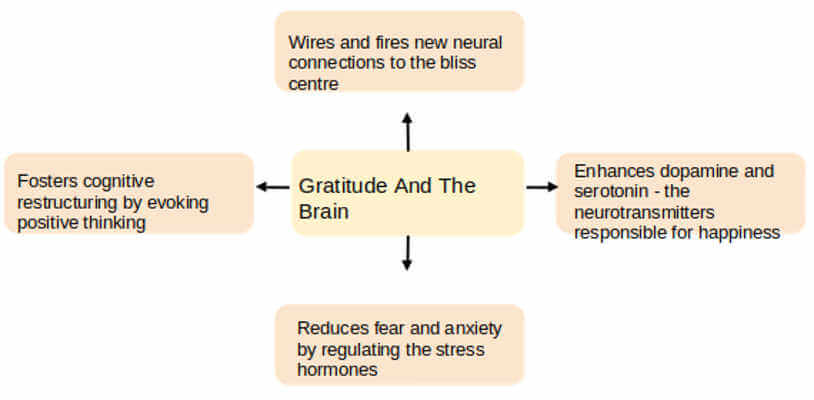
With this in mind, many of these same thought leaders suggest creating daily lists to attune to the frequency of gratitude. This can be as simple as writing down three things you’re grateful for each day: spending time with your partner, eating a delicious meal, getting a great night’s sleep, etc. You can keep a gratitude notebook, or type it in your favorite notes app. There are even specific apps for this very purpose; my favorite is the Five Minute Journal.
It’s important to be able to distinguish between what is within and without of our control. These days, it seems as if we’re in collective fight or flight mode at any given moment. This is unhealthy for our minds and bodies, so we must decide how we’re going to tame these gnarly beasts. We do this by controlling only what we’re able to, and doing our very best to let go of the rest.

As the philosopher William Ocean once proclaimed, “when the going gets tough, the tough get going.” And the current consensus is the going is pretty tough.
However, you currently have the means to afford a device that allows you to read this article. Or you have a friend or loved one who has allowed you to use their device. You have your eyesight or assistive technology to allow you to take in this information. You have the air in your lungs and the clothes on your back.
We always have something to be grateful for, and once we change our perception of the world around us—once we change our mindset—we change the physical structure of our bodies and brains. We accomplish this through simple, realistic changes over time.
Begin anywhere, try your best, and we’ll make it a better end to 2020.





